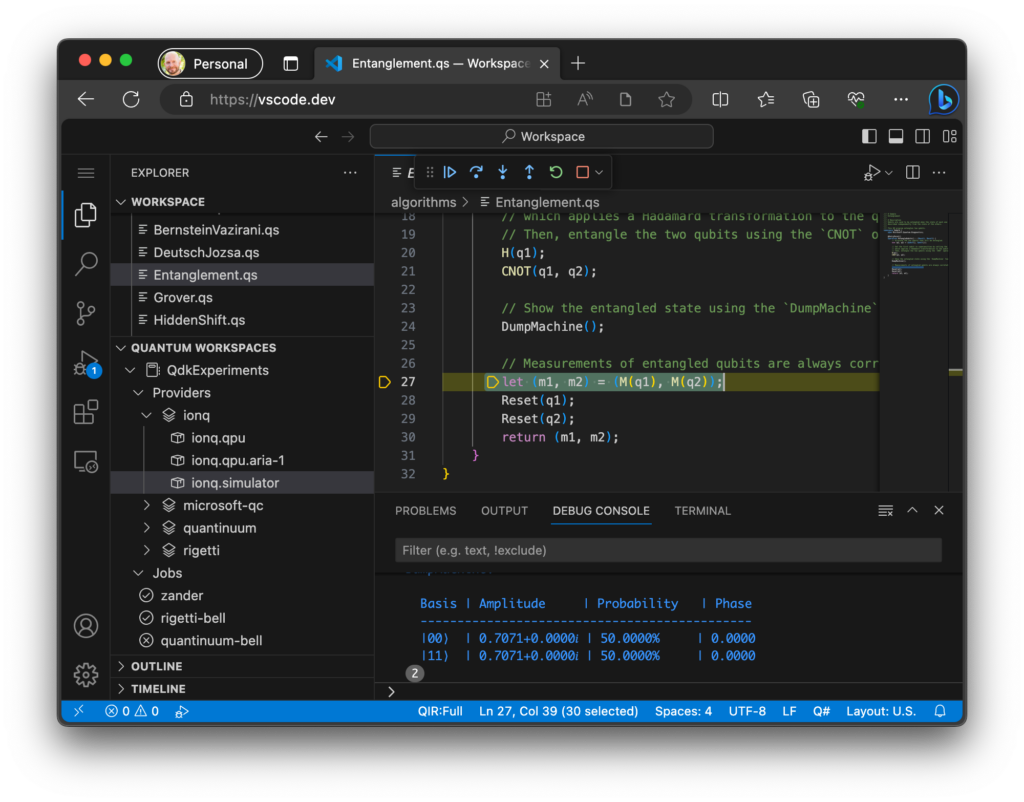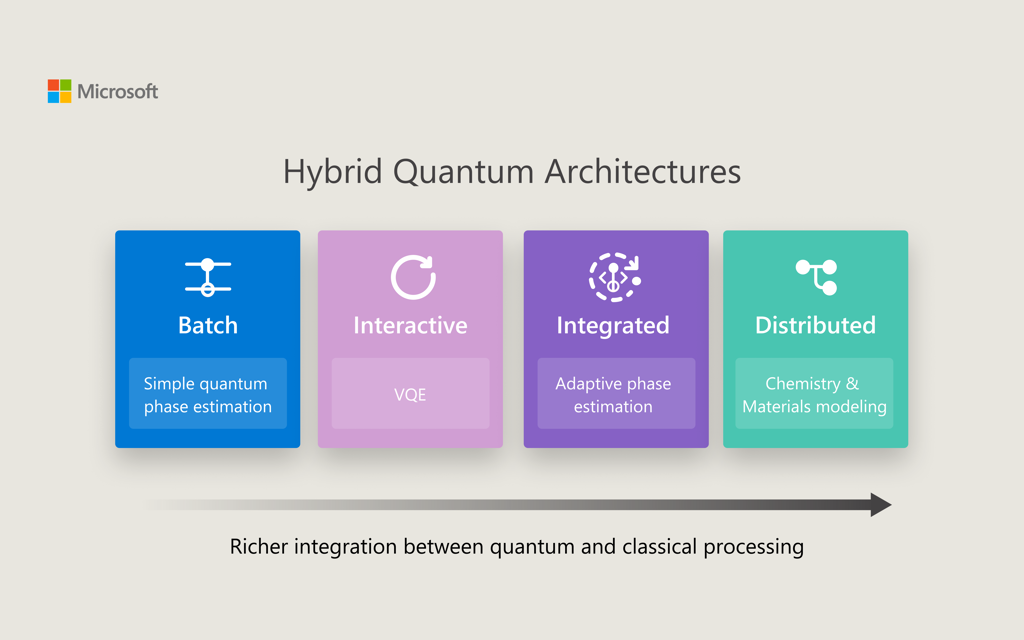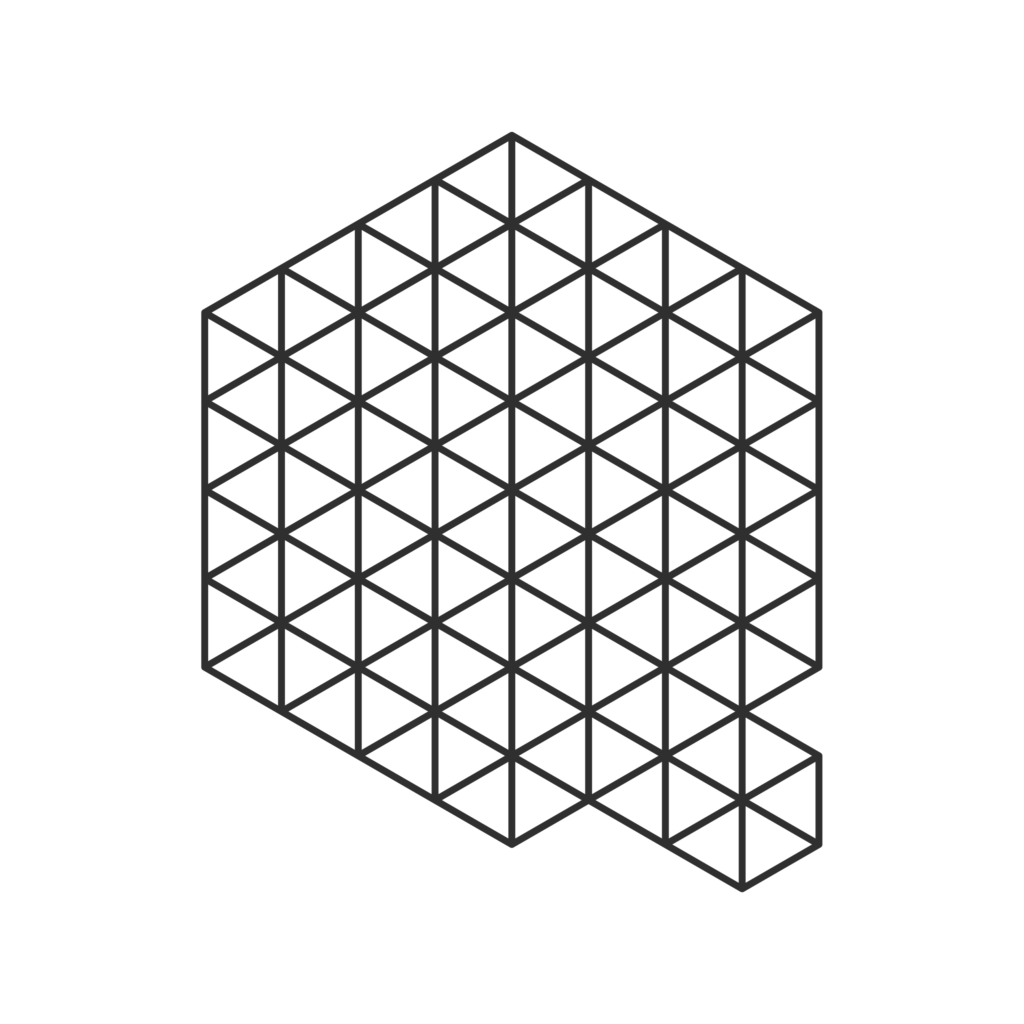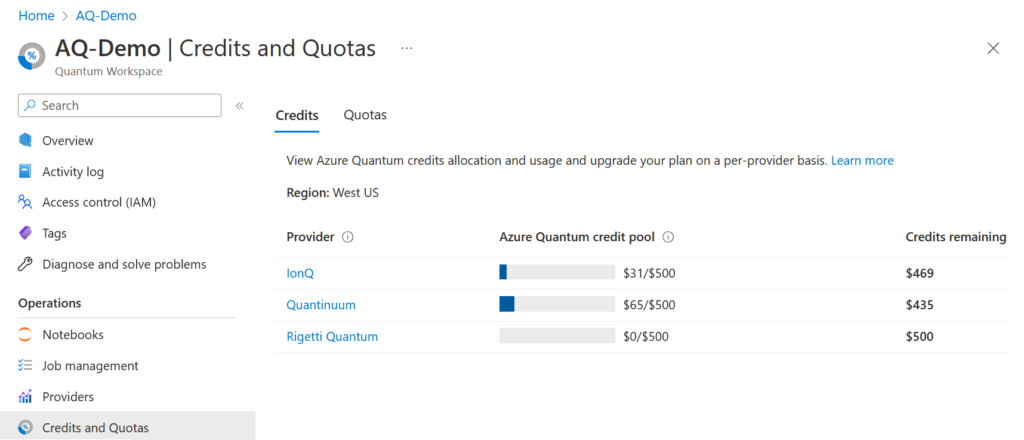


Azure Quantum Integrated Hybrid unlocks algorithmic primitives

Introducing the Azure Quantum Development Kit Preview

Modeling quantum architecture with Azure Quantum Resource Estimator

Blueprint to organize a quantum computing workshop

Azure Quantum introduces sessions to accelerate your research with variational algorithms

Azure Quantum unlocks the next generation of Hybrid Quantum Computing

Shorter quantum circuits

Azure Quantum Winter Learning Opportunities


 Light
Light Dark
Dark